Uncategorized
-
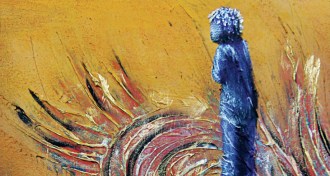 Psychology
PsychologyAdults with autism are left to navigate a jarring world
Researchers are beginning to study ways to help adults with autism navigate independently, get jobs and find friendship.
-
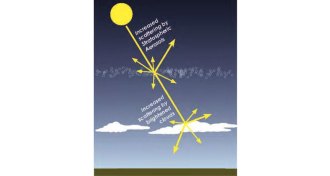 Climate
ClimateArtificial fixes for climate change nixed — for now
Experts says schemes to manually adjust the world’s climate are not ready for use, but should be studied just in case.
By Beth Mole -
 Health & Medicine
Health & MedicineBouncing back from giving blood can take months
Taking iron supplements after donating blood can dramatically reduce the time it takes to recover iron levels in the blood, a study finds.
By Nathan Seppa -
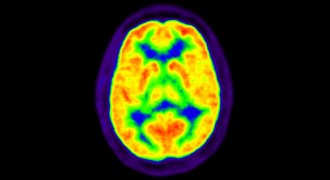 Health & Medicine
Health & MedicineFallout from nuclear bomb testing presaged today’s radioactive tracers
Scientists in 1965 measured buildup of radioactive carbon from nuclear bomb testing in people.
-
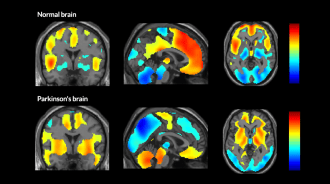 Neuroscience
NeuroscienceA brain at rest offers clues to Parkinson’s, Alzheimer’s
PET scans reveal that the breakdown of brain networks differs in Parkinson’s and Alzheimer’s diseases.
-
 Health & Medicine
Health & MedicineSigns of sleep debt found in the blood
When rats and people skimp on sleep, fats and acids involved in metabolism dwindle.
-
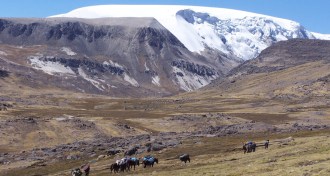 Environment
EnvironmentHumans’ environmental rap sheet gets longer
Ice cores reveal human-caused air pollution 240 years before the Industrial Revolution.
By Beth Mole -
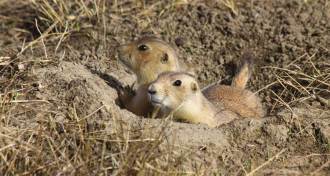 Ecosystems
EcosystemsNoise made by humans can be bad news for animals
Animals live in a world of sounds. Clever experiments are finally teasing out how human-made noise can cause dangerous distractions.
By Susan Milius -
 Astronomy
AstronomyFirst stars born later than thought
New results from the Planck mission indicate that the first stars began to shine 550 million years after the Big Bang.
-
 Science & Society
Science & SocietySteven Weinberg looks back at rise of scientific method
Steven Weinberg’s new book ‘To Explain the World’ illustrates the difficulty of the development of modern science.
-
 Animals
Animals‘The Cultural Lives of Whales and Dolphins’ offers window into cetacean societies
Dolphins and whales pass cultural knowledge to one another, the authors of a new book argue.
-
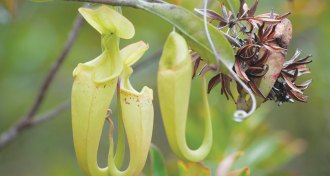 Plants
PlantsFairly bad pitcher traps triumph in the end
Carnivorous pitcher plant traps rarely catch much, but their lackadaisical hunting turns out not to be so lame after all.
By Susan Milius